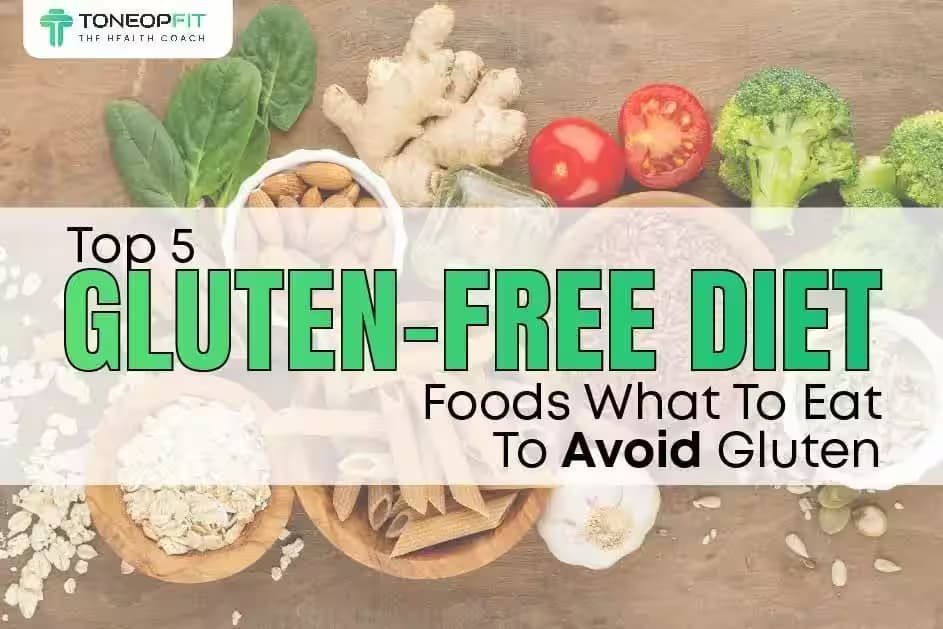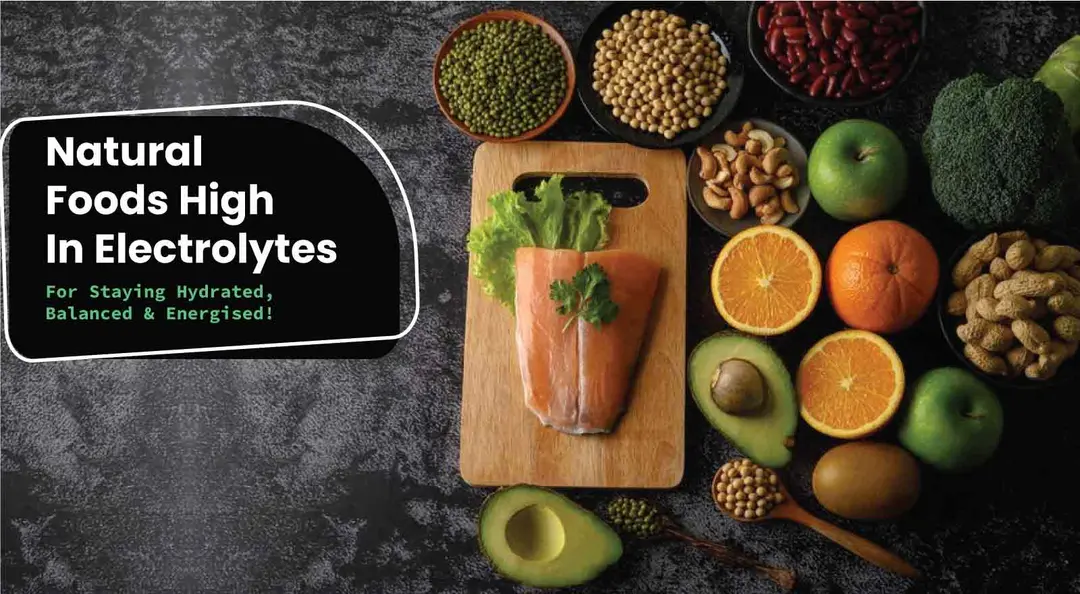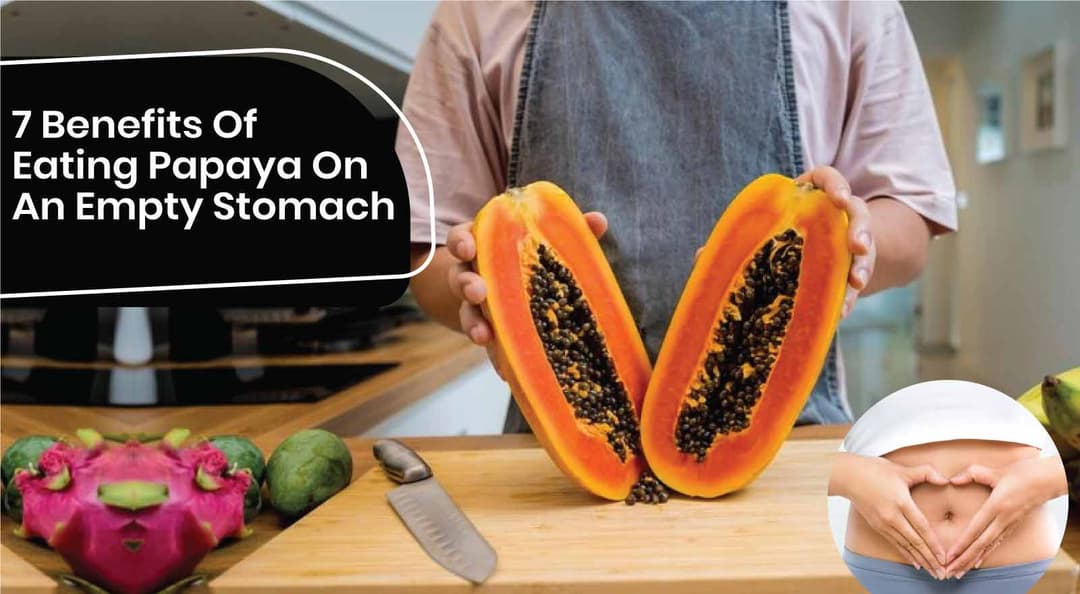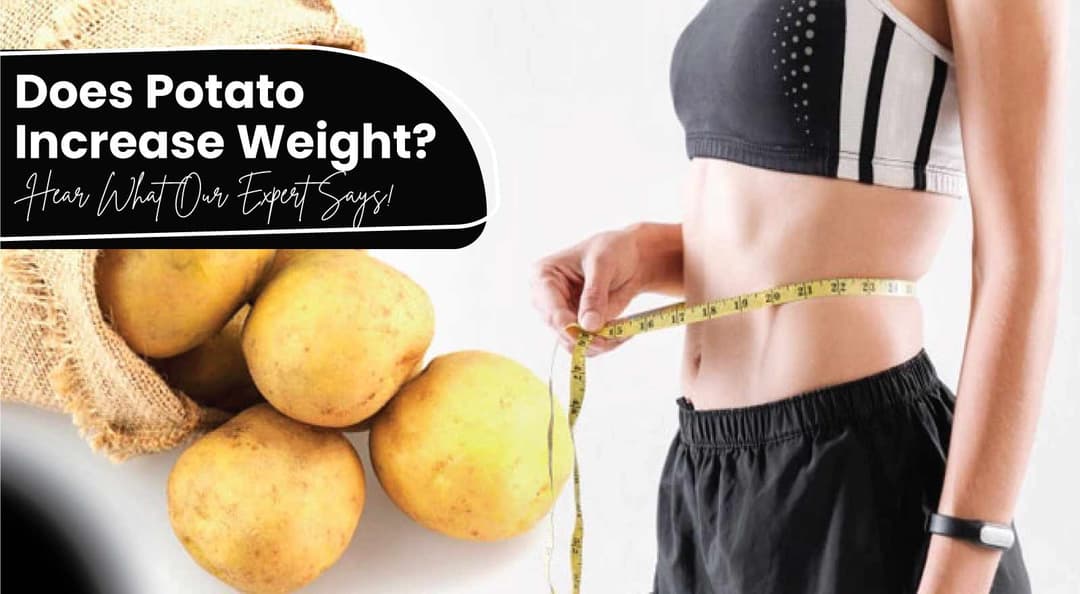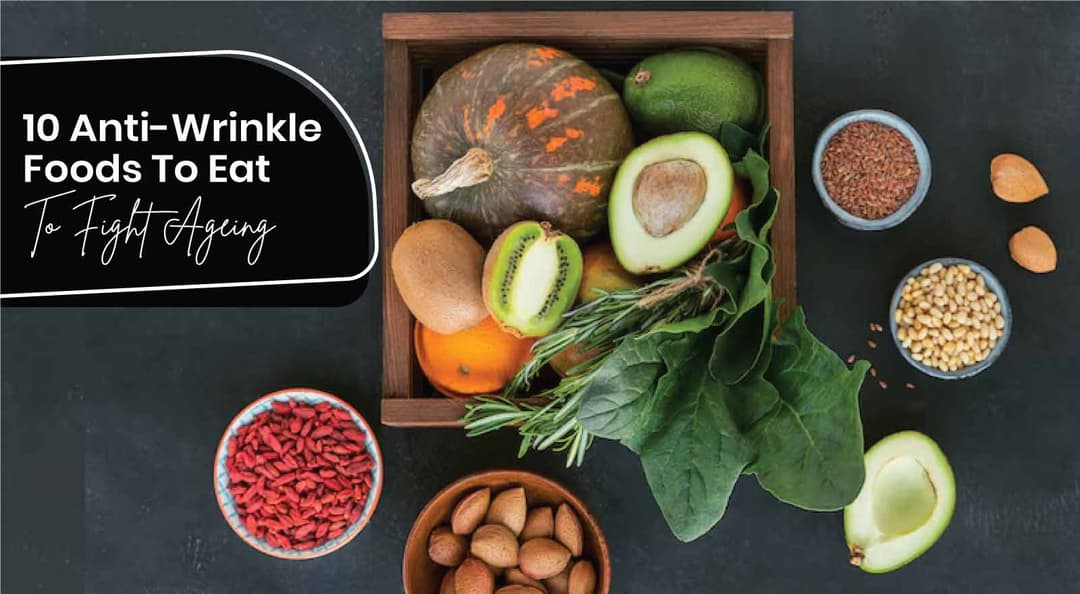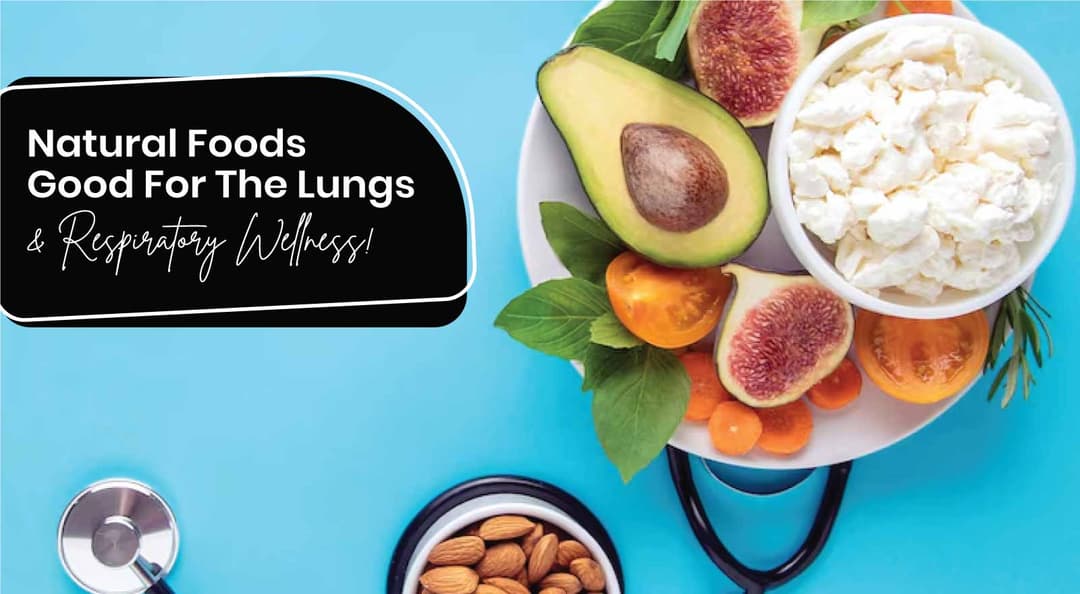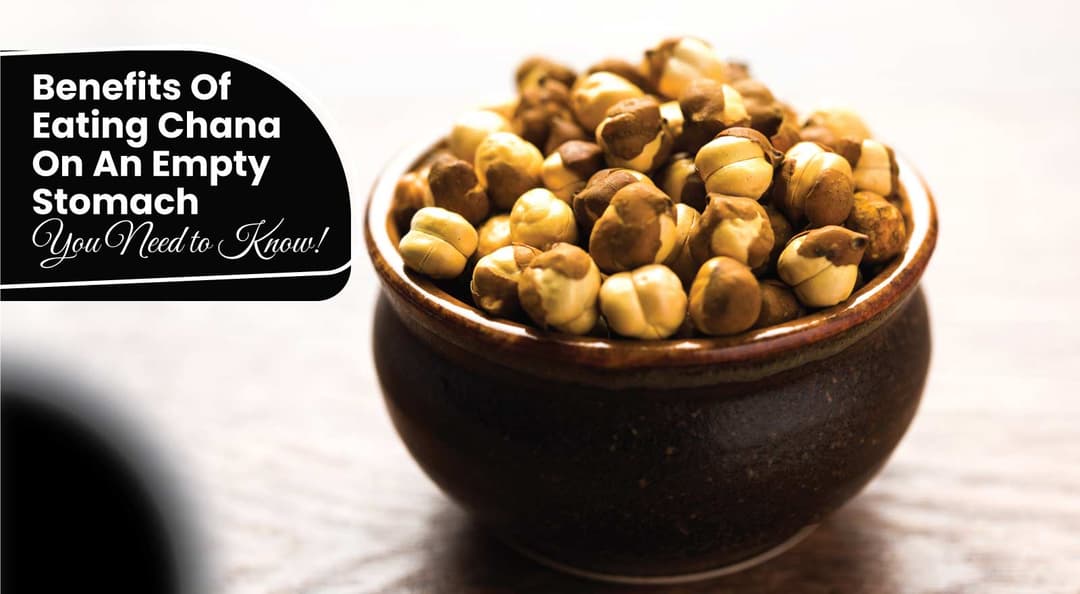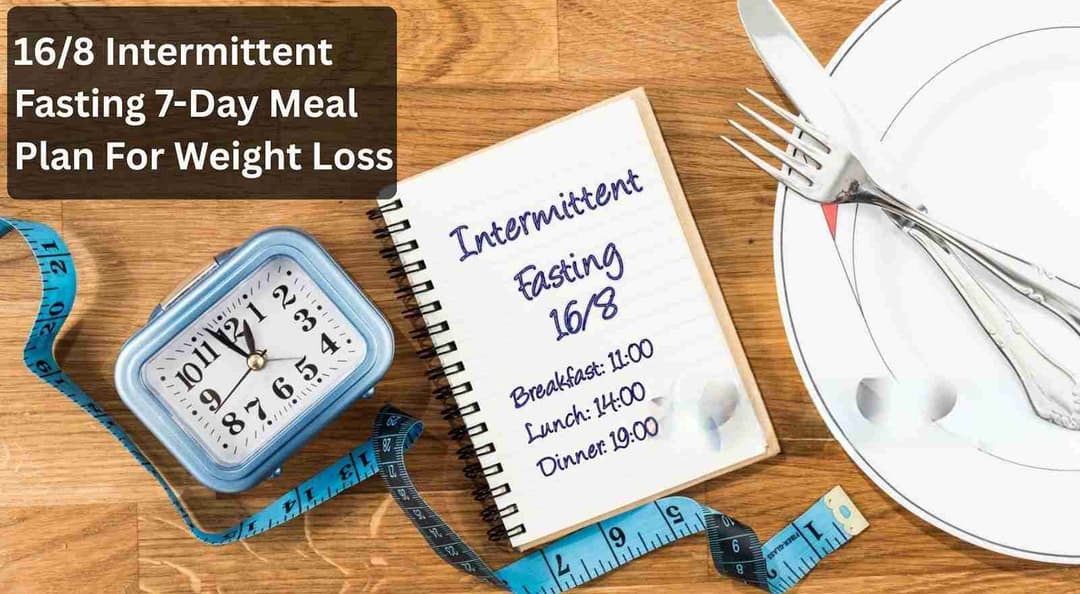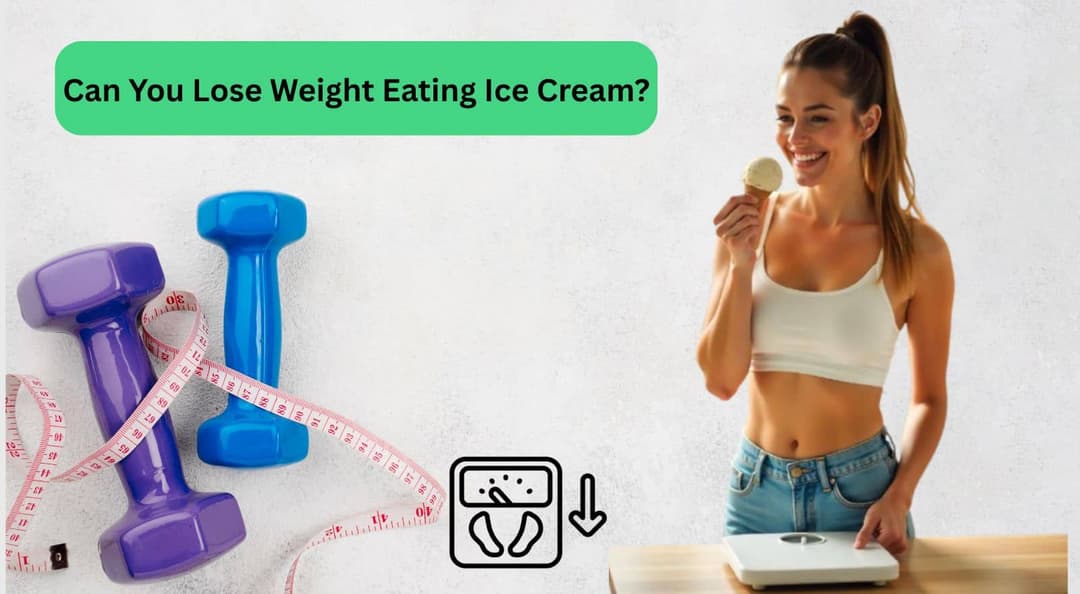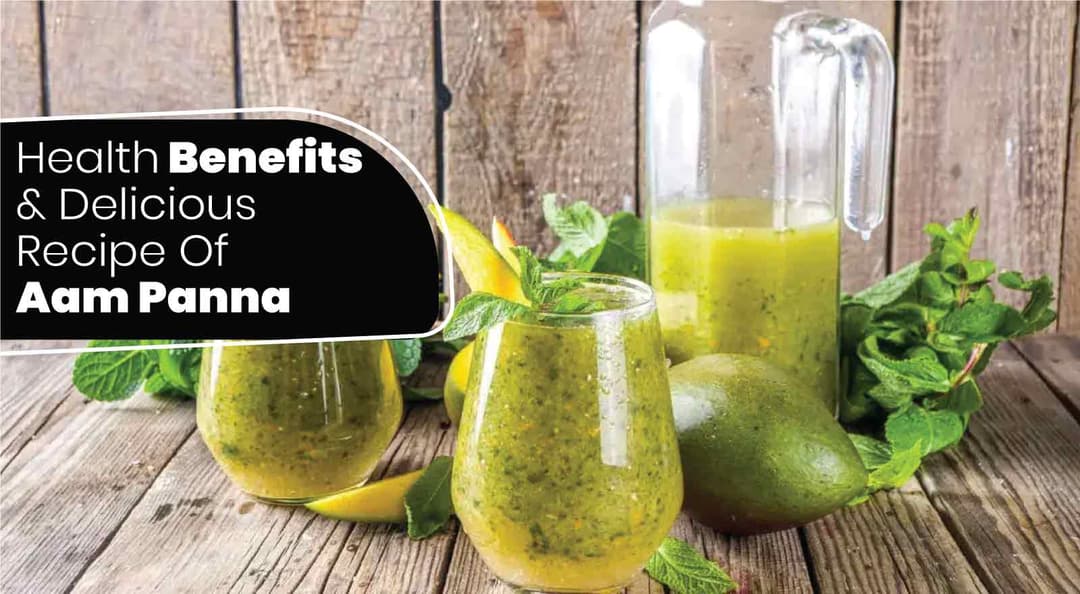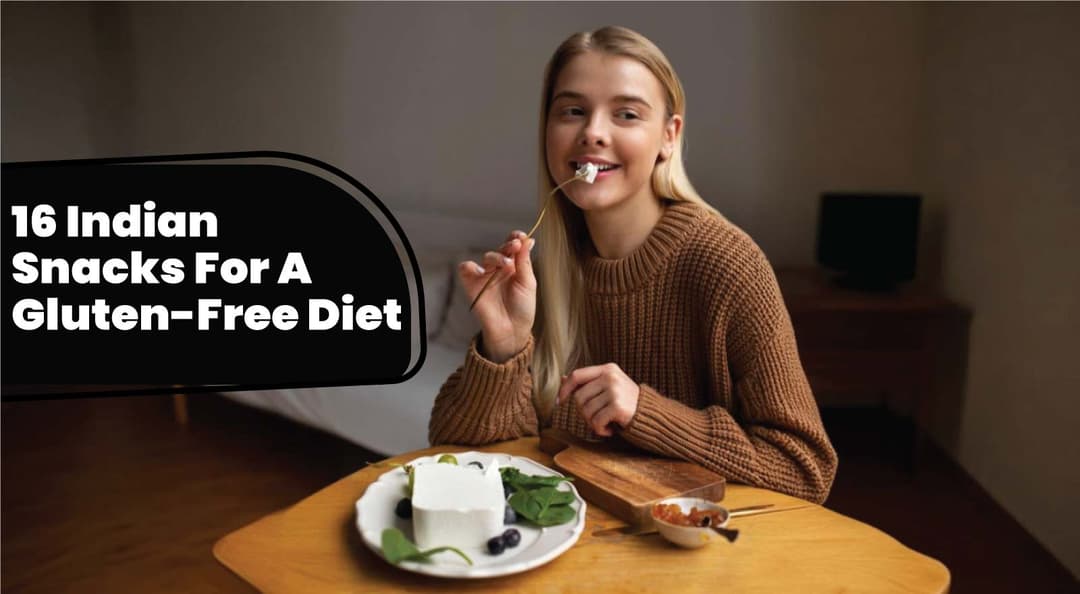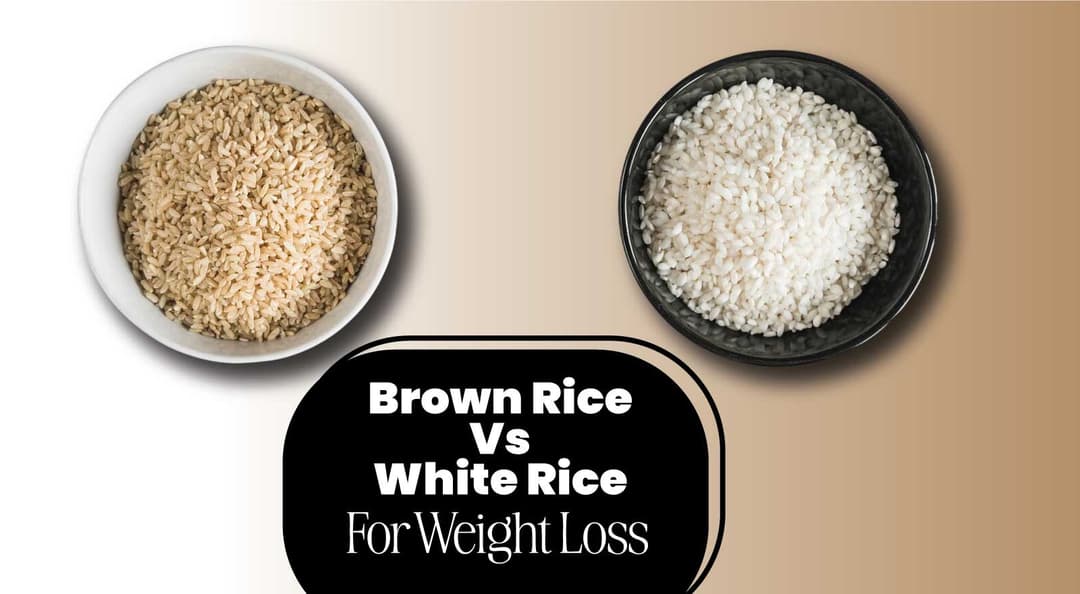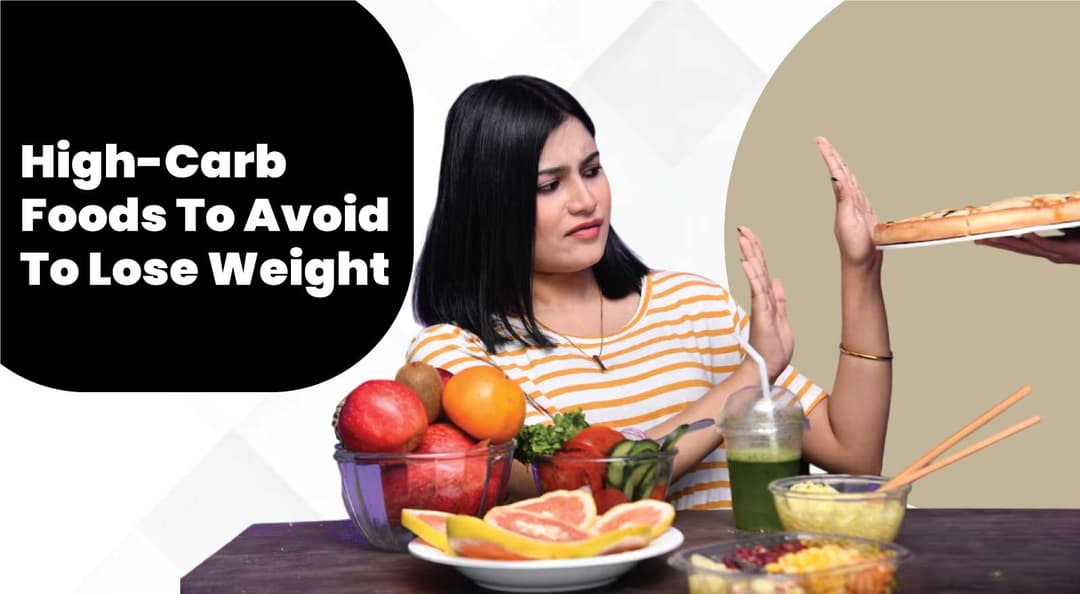The transition to a gluten-free diet pivots on the purity of foods: they inherently contain gluten—a protein found in wheat, barley, and sometimes oats; rye also contributes to its prevalence. This nutritional shift bears particular significance for individuals with celiac disease, as well as those who suffer from either general gluten sensitivity or a hypersensitivity reaction specifically towards wheat.
Consuming even small quantities of this protein can trigger an array of health issues ranging from mild digestive discomfort up to severe autoimmune responses – thus underlining why such dietary modifications are essential in managing their conditions effectively.
Embarking on this nutritional adventure necessitates a thorough understanding of gluten-free foods and their counterparts to avoid. Consider the following overview: available are options such as bottom line, vegetables, meat; dairy and eggs serve as gluten substitutes. Grains like rice - along with quinoa and corn- provide viable starches in your diet regimen.
In this blog, you will get to know about some of the top gluten-free diet foods, along with the side effects of eating gluten and which foods you should be cautioned about if you are allergic to gluten. Read on to know more about gluten-free diet foods!
Table Of Contents
- What Are Gluten-Free Diet Foods?
- What Foods Should You Avoid If You Are Gluten-Free?
- Is Gluten Harmful To Your Body?
- The Final Say
- FAQs
- References
What Are Gluten-Free Diet Foods?

Here is the list of the gluten-free diet foods that could be incorporated into your diet along with their health benefits:
1. Fruits And Vegetables
These vibrant groups offer a vast selection and are inherently gluten-free. The citrus fruits give lots of vitamin C, while leafy greens are good for their fibre, both important nutrients needed for good health overall. Fruits and vegetables have a lot of dietary fibre that is very important for digestion because it helps with the health of the gut and keeps bowel movements regular. Research indicates that eating enough fibre can nourish the microbes in your intestines better, which might help people who are sensitive to gluten.
2. Meats And Proteins
Fresh cuts of chicken, fish, red meat, pork and turkey offer unlimited options for tasty dishes. Plus, plant-based proteins like tofu, tempeh, beans, lentils, chickpeas, nuts, and seeds provide plenty of nutrition without the worry of gluten. Whether grilled, baked, or steamed into hearty stews and soups, these protein-packed options are sure to satisfy your hunger while supporting your gluten-free lifestyle. So, you must add proteins to your gluten-free diet foods.
3. Dairy Products
In their unflavored forms, milk, yoghurt, cheese and butter generally pose no risk to a gluten-free diet. Yet one must exercise caution with flavoured or processed dairy products; manufacturers may add ingredients containing gluten. Notably, dairy products provide a substantial source of calcium - an essential element for bone health and muscle function. They also provide other vital nutrients like vitamin D, riboflavin, and potassium.
4. Eggs
Eggs are a complete food and protein source, meaning they contain all nine essential amino acids the body cannot synthesise. They come on top of the gluten diet food list and are naturally gluten-free, offering various culinary applications, making them a convenient and nutritious choice. Eggs are rich in choline, a vital nutrient crucial for brain development, memory, and nervous system function. They also provide essential vitamins and minerals like vitamin A, B vitamins, and iron.
Also, eggs serve as a binder in gluten-free baking, helping to create light and ethereal textures in cakes, desserts and pancakes without the need for gluten-containing ingredients.
5. Gluten-Free Grains And Starches
Several grains and starches are naturally gluten-free, offering substitutes for wheat-based products commonly excluded from a gluten-free diet. These include rice, buckwheat, corn (maize), amaranth, millet, tapioca, arrowroot, and sorghum. You must include the following as a part of your gluten-free diet foods:
Rice
Whether you opt for fluffy white rice, nutty brown rice, fragrant jasmine rice or aromatic basmati rice, there is a variety of rice to satisfy all palates and culinary desires.
Buckwheat
Despite its name, buckwheat is not related to wheat and is apparently gluten-free. Rich in nutrients and earthy flavour, buckwheat is used to make hearty pancakes, soba noodles and porridge.
Maize (Maize)
Maize and corn-based goods, consisting of cornmeal, polenta, and corn tortillas, are a staple of many gluten-free diets and provide sweet and savoury flavour to a wide variety of foods.
What Foods Should You Avoid If You Are Gluten-Free?
When you are on a gluten-free diet, there are positive foods that you may need to avoid to live on the right path. Here is an overview:
| Wheat and wheat products | You will have to say goodbye to anything made from wheat. That way, no bread, pasta, cereal, or baked goods like muffins or cookies. |
| Barley and Barley Products | Barley is also impassable. So be careful with barley flour or anything with barley malt, such as certain cereals or malted drinks. |
| Rye and rye products | Rye is any other grain that should be avoided. This approach avoids rye bread, crackers, or anything made with rye flour. |
| Oats (unless certified gluten-free) | Oats can be tricky. Plain oats can have gluten due to motion sickness, so stick to those labelled "gluten free." |
| Processed and packaged foods | Be careful with packaged ingredients, they can sneak in gluten. Check labels for things like wheat-based thickeners in soups or sauces or hidden gluten in snacks and condiments. |
| Fried foods | Fried foods can also be volatile, especially if they are cooked in the same oil as gluten-containing items. |
| Deli meats and processed meats | Some fast food meats and processed meats may contain gluten as ingredients, so it's smart to read labels or choose those categorised as gluten-free. |
| Sauces and condiments | Sauces and condiments can also mask gluten, especially in things like soy sauce, teriyaki sauce, or salad dressings. Look for gluten-free options or make your own. |
Is Gluten Harmful To Your Body?
Gluten can be dangerous for certain individuals, susceptible people or people in specific scientific situations. Here is a larger special rationalisation:
1. Celiac Disease
People with celiac disease get triggered by an autoimmune reaction in the small intestine. This immune response may damage the intestine's lining, leading to irritation and impaired absorption of nutrients from food.
Over time, untreated celiac disease can cause serious headaches that include malnutrition, osteoporosis, infertility, neurological disorders, and an increased risk of certain cancers.
2. Non-Celiac Gluten Sensitivity
Some people may also revel in symptoms similar to those of celiac disease once they consume gluten but without the characteristic intestinal damage seen in celiac disease. This condition is often referred to as non-celiac gluten sensitivity (NCGS).
Symptoms of NCGS can consist of gastrointestinal problems (consisting of bloating, stomach pain, diarrhoea, or constipation), fatigue, headaches, joint pain, and mood disorders. While the exact mechanisms underlying NCGS are not fully understood, eliminating gluten from a weight-loss plan regularly facilitates relief of symptoms in affected people.
3. Wheat Allergy
A wheat allergy is an immune-mediated reaction to proteins found in wheat along with gluten. Unlike celiac disease, which involves an autoimmune reaction, an allergic reaction to wheat is an IgE-mediated allergy, similar to various food allergies.
Symptoms of a wheat allergy can vary widely and can consist of skin rash, hives, swelling, breathing difficulties, gastrointestinal symptoms and, in extreme cases, anaphylaxis.
4. Other Health Conditions
In addition to celiac disease, NCGS, and wheat hypersensitivity, some people with positive autoimmune conditions (along with rheumatoid arthritis or Hashimoto's thyroiditis) may also find that reducing or eliminating gluten from their diet helps to alleviate symptoms or improve their general well-being.
However, the evidence supporting the use of a gluten-free weight loss plan for these conditions is mixed, and dietary modifications should be made under the guidance of a healthcare professional.
Although gluten is not always inherently harmful to every person, it is capable of causing huge health problems for individuals with celiac disease, NCGS, or an allergic reaction to wheat. For these people, strict adherence to a gluten-free weight-reduction plan is important to spare yourself signs and symptoms and maintain the most effective health.
However, it is important to note that for most people without gluten-related disorders, there is no evidence to suggest that cutting out gluten offers any health benefits and could unnecessarily limit nutritional alternatives. As always, if you suspect you have a gluten-related illness or are experiencing signs and symptoms after consuming gluten, it is important to consult with a healthcare professional for proper evaluation and prognosis.
The Final Say
Sticking to a gluten-free diet takes effort, but with the right expertise, it's absolutely doable. By steering clear of gluten-containing foods like wheat, barley, and rye and being careful with packaged goods, human beings can effectively control their dietary desires while still playing around with plenty of tasty and healthy options.
Whether it is coping with conditions like celiac disease or making a definitive decision to avoid gluten, staying informed and reading labels carefully is key. With attention and a bit of planning, all and sundry can confidently embody a gluten-free lifestyle, knowing that they are making choices that help their fitness and well-being.
FAQs
1. What foods are included in the gluten-free diet for weight gain?
Foods for a gluten-free diet for weight gain are:
- Quinoa
- Buckwheat
- Millet
- Brown rice
- Nuts
- Dried fruits
- Avocados
2. Is a gluten-free diet for diabetics necessary?
Gluten is not that harmful for diabetics, and so most people don't need to begin with a gluten-free diet. But you must also know that a gluten-free diet benefits for some people with diabetes. While gluten is not harmful, many foods that contain gluten can raise a person's blood sugar levels.
3. What are healthy gluten foods?
Healthy gluten foods include veggies, fruits, eggs, fish, dairy, nuts, and seeds.
4. What does a gluten free vegan diet food list include?
The gluten-free vegan diet food list includes:
- Fruits: apples, oranges, pears, peaches, berries, bananas, melons.
- Vegetables: potatoes, onions, broccoli, spinach, kale, cauliflower.
- Legumes: chickpeas, lentils, black beans, kidney beans, pinto beans.
- Plant-based proteins: tempeh, tofu, nutritional yeast, edamame.
5. Is a gluten-free diet good or bad?
The verdict on whether a free diet is good or bad is: that there is no such evidence that a gluten-free diet improves your health or prevents disease. If you don't have celiac disease or intolerances, you can eat gluten without trouble.
6. What ingredients should I avoid on a gluten-free diet?
Here are some food items to avoid if you are on a gluten-free diet:
- Bread
- Pasta
- Cereals
- Biscuits or crackers
- Cakes and pastries
- Gravies and sauces
7. What can I eat for breakfast on a gluten-free diet?
Here are some breakfast gluten-free breakfast options:
- Berry omelette
- Slow cooker breakfast beans
- Gluten-free pancakes
- Veggie breakfast bakes
- Potato & paprika tortilla
- Cranberry & raspberry smoothie
8. What snacks are gluten-free?
Rice crackers with peanut butter or cheese, popcorn and plain yoghurt are some of the best gluten-free snacks.
References
- Gluten-Free Diet: Is It Right for Me? | Johns Hopkins Medicine
- Gluten-Free Foods | Celiac Disease Foundation
- Gluten | The Nutrition Source | Harvard T.H. Chan School of Public Health
- Ditch the Gluten, Improve Your Health? - Harvard Health
About ToneOp Fit
ToneOp Fit is a platform dedicated to improving and maintaining good health through a comprehensive range of goal-oriented health plans with up to 3 Coach support. With a range of Weight Management, Medical Condition, Detox Plans, and Face Yoga Plans, the app also provides premium health trackers, recipes and health content. Get customised diet, fitness, naturopathy & yoga plans and transform yourself with ToneOp.











